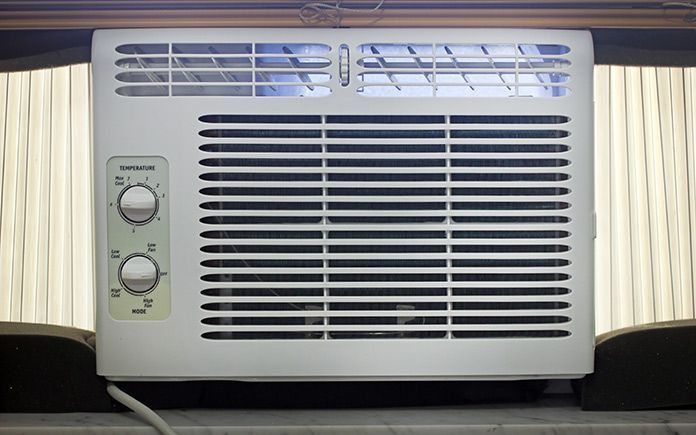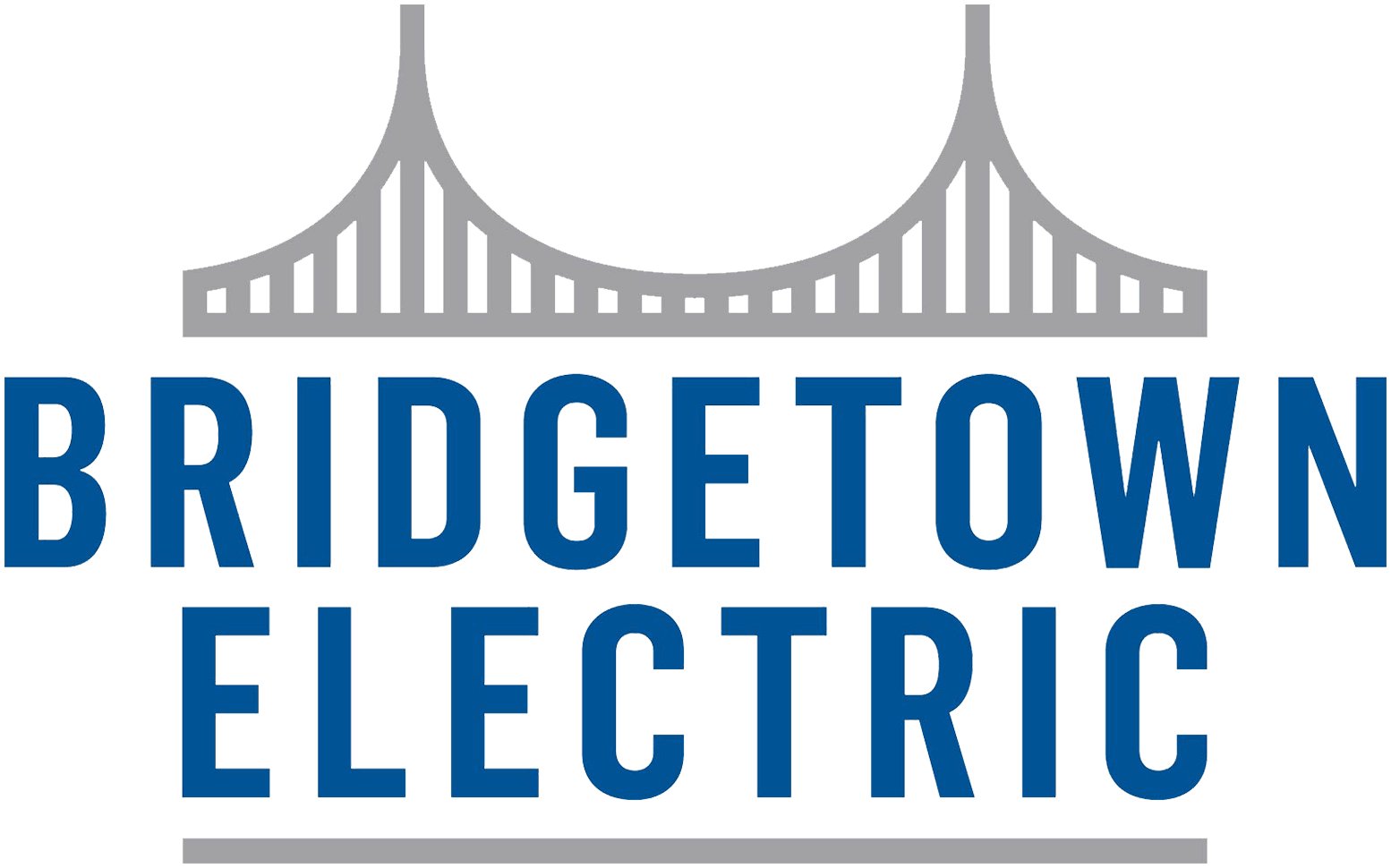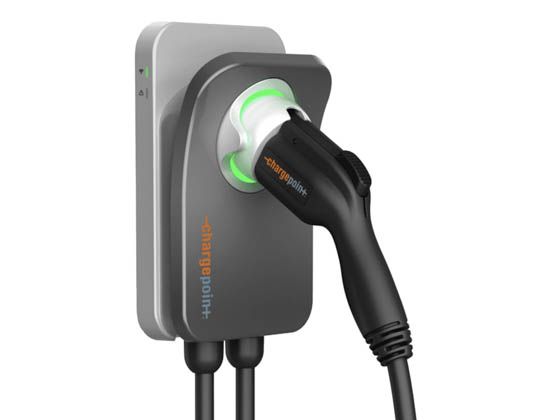Are you ready for a Generator?
May 8, 2023
There are a few requirements needed to complete the install of a generator ready system for your home. These items are things to consider prior to the installation of a new generator.
A permanently installed home backup generator protects your home automatically. It runs on natural gas or liquid propane (LP) fuel, and sits outside just like a central air conditioning unit. A home backup generator delivers power directly to your home’s electrical system, backing up your entire home or just the most essential items. You'll never have to run an extension cord through a window or door again. A home backup generator safely delivers power right to your home's electrical panel. However, with that, your electrical panel needs to meet some basic criteria.
Most main breaker electrical panels (brands Siemens, Eaton, Square D Homeline, Cutler Hammer, GE, and Bryant ) installed within the last 20 -30 years are ready to have the proper breaker and interlock kit installed, which shuts off your connection to the grid while the generator is in use. These kits are not compliant with split bus panels, which were common prior to the 1990’s.
We recommend a minimum of 5,000 - 7,500 KW Generator. A portable generator could supply power to some lights, your refrigerator, and maybe an additional appliance, but a standby generator will power your whole home during an outage.
In order to determine if you are ready for a new generator to be installed, you must consider the following criteria:
- A panel that is 20 years old or newer
- Siemens / Eaton / Square D Homeline / Cutler Hammer / GE / Bryant
- Your panel is not a split bus panel
- Must be main breaker panel
- Ability to install/available space for new two pole breaker at top
If your current panel does not meet these criteria, you may need to complete a panel change, or a service upgrade based on your needs. Bridgetown Electric has flat rate pricing
for those services if needed.
Bridgetown Electric is an authorized Generac dealer, which is the #1 selling brand of backup Generators. Please reach out to us if you have any additional questions.
If you do meet these requirements, we would need some information from you to complete the install, such as Generator size / KW / and Plug configuration. We would also need a picture of your panel to verify what interlock kit would work for your panel. Interlock kits are specific to each brand of panel, and can take some time to source.

Courtesy of NPR These extreme temperatures present a significant challenge to AC systems, which engineers and installers say are really only designed to keep indoor temperatures about 20 degrees cooler than outside. "Most new systems in the U.S. are designed for a 95 degree day. That's a hot day, but we're having more and more of those days," says Srinivas Garimella, a professor of mechanical engineering at Georgia Tech. Under these conditions, "your efficiency drops and you actually lose a little capacity, which means the unit is going to run non-stop," according to James Barry, who owns Doctor Cool & Professor Heat, a company in League City, a suburb of Houston. All air conditioners work the same Garimella explains that all air conditioners work on the same basic principle — a cold, low-pressure refrigerant evaporates and absorbs heat from a room and then is compressed before condensing and releasing the heat by way of an outdoor heat exchanger. The refrigerant is then recycled in a closed loop. He compares the energy required to do this to climbing a mountain. The hotter the outdoor temperature, the more effort (and energy) needed to make the climb. "So, the higher the ambient temperature, the more the compressor has to work, the more electricity [is] needed, and the problem just keeps getting compounded," he says. Compressors work less efficiently at higher heat, which means they need more power to do the job. Higher humidity also places "a humongous additional load" on an air conditioning system, he says. Simply installing a bigger air conditioner might sound like a solution to the problem. Not so, according to Reinhard Radermacher, a professor of mechanical engineering at the University of Maryland. It may be fine on the hottest days, but "if 90% of the time [an air conditioner] is oversized," it's not efficient, he says. Getting the most out of your air conditioner Even so, there are some things you can do to maximize your air conditioner's effectiveness even as it struggles to keep things cool. Don't fool with the thermostat. Set it at a desired, comfortable temperature — say, 72 degrees F — and leave it alone. "If you keep it at a low level just running all the time, it is far more efficient" than throttling the thermostat, according to Garimella. Clean filters and the coils on the outdoor heat exchanger. Dirty filters impede air flow, and dusty coils make it harder for the heat exchanger to work efficiently. "A lot of people do not maintain their basic unit. If you can keep a real good clean outdoor coil, it definitely helps the air conditioner remove the heat," Barry says. Turn off heat-producing appliances. "During the hottest part of the day, turn off anything that produces heat such as stoves, dishwashers, lights, etc.," according to Fritts, a heating and air conditioning company based in Georgia. Run a ceiling fan. "The sensation of comfort comes from [both] the temperature of the air and the breeze that's blowing at you." A ceiling fan definitely helps, Garimella says. Cool down at night and shade the windows. "Cool down the house at night as much as possible. And then when the sun comes up in the next morning, shade all windows [and] keep the windows and doors closed as much as possible," according to Radermacher. Also, variable-speed compressors, which are found only in more expensive ACs, work more efficiently than single-speed compressors, Garimella says. Systems with variable-speed compressors "will only function at the capacity that is needed for the house. And that makes a very big difference in its efficiency and its capability to keep up with the load," he says. What about new air conditioning technologies? There's "no silver bullet" on the horizon, Radermacher says. "There's a bunch of new technologies under way, but they all have to follow the same dynamics" as current air conditioning systems, he says. Stay cool, friends!


Share On: